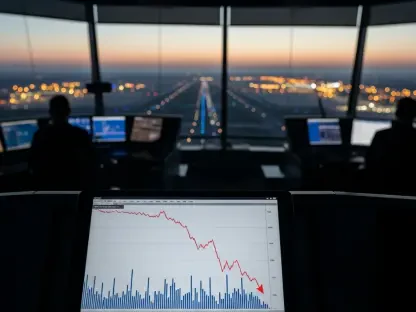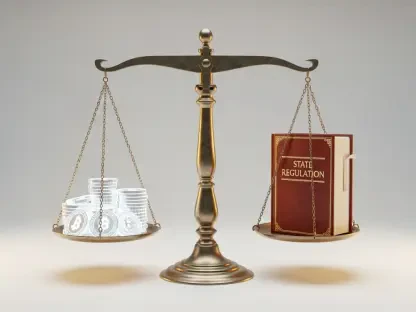The Unseen Impacts of Technology on Vulnerable Communities
In the complex landscape of technological advancements, a silent battle rages over unseen consequences impacting vulnerable communities, especially in areas like South Memphis. As innovators advance, seldom do the adverse effects of industrial progress on local health and the environment garner as much attention. Astonishingly, new industrial projects have been linked to a 20% rise in health disparities in these regions, according to recent studies.
Innovation Sparks Controversy in South Memphis
In recent years, South Memphis witnessed a new kind of industrial establishment with the introduction of Musk’s supercomputer facility, known as Colossus. While celebrated as a marvel of innovation, Colossus sits in a predominantly minority neighborhood, highlighting the importance of environmental justice. This facility highlights broader concerns about industrial growth affecting neighboring communities, particularly when such developments are juxtaposed with public health priorities.
Pollutants Raise Environmental and Health Alarms
Colossus’s operation brings with it an array of environmental and health concerns, primarily due to the pollutants emitted by its gas turbines. Emissions include methane, carbon dioxide, and nitrogen oxides, adding toxic layers to an area’s already volatile air quality. With pre-existing health challenges such as high asthma and cancer rates, linked to historical industrial emissions, South Memphis faces heightened risks. The legacy of environmental racism in this neighborhood accentuates these pressing issues, demanding urgent responses.
Community Reactions and Alleged Regulatory Shortcomings
The facility’s introduction sparked accusations of regulatory shortcomings, particularly regarding Prevention of Significant Deterioration (PSD) permits. Local activists and environmental organizations have voiced serious concerns, citing apparent failures in permitting processes as a key issue. Residents, like Maria Thompson, have shared firsthand accounts of their struggles with pollution-related health issues, rallying communities into activism and advocacy for stricter environmental regulations.
Legal Challenges and Grassroots Advocacy Movements
The Southern Environmental Law Center, among other advocacy organizations, has taken a firm stance in response, threatening legal action against the facility’s operators. Legal experts have discussed strategies aimed at enforcing compliance with environmental standards. Community meetings and protests reflect the local resolve for justice, highlighting narratives like those of James Andrews, who detailed his experience at a recent protest, revealing collective demands for better regulatory practices.
Pursuing Accountability and Sustainable Progress
Looking forward, there is a pressing need for strategies ensuring corporate accountability in such scenarios. Proposals include frameworks for sustainable industrial practices that prioritize the protection of vulnerable communities. Empowering community advocates and formulating robust policy measures could pave pathways to safeguard against risks akin to South Memphis’s plight and foster environmental justice as a central tenet in sustainable development pursuits.
The unfolding story in Memphis reveals overdue challenges in confronting environmental justice. While residents fought for transparency and accountability, their journey highlighted vital solutions for sustainable development balanced with local needs. As communities look back, this narrative urged policymakers and corporations to heed the cry for equitable practices, instilling hope for change moving forward.









